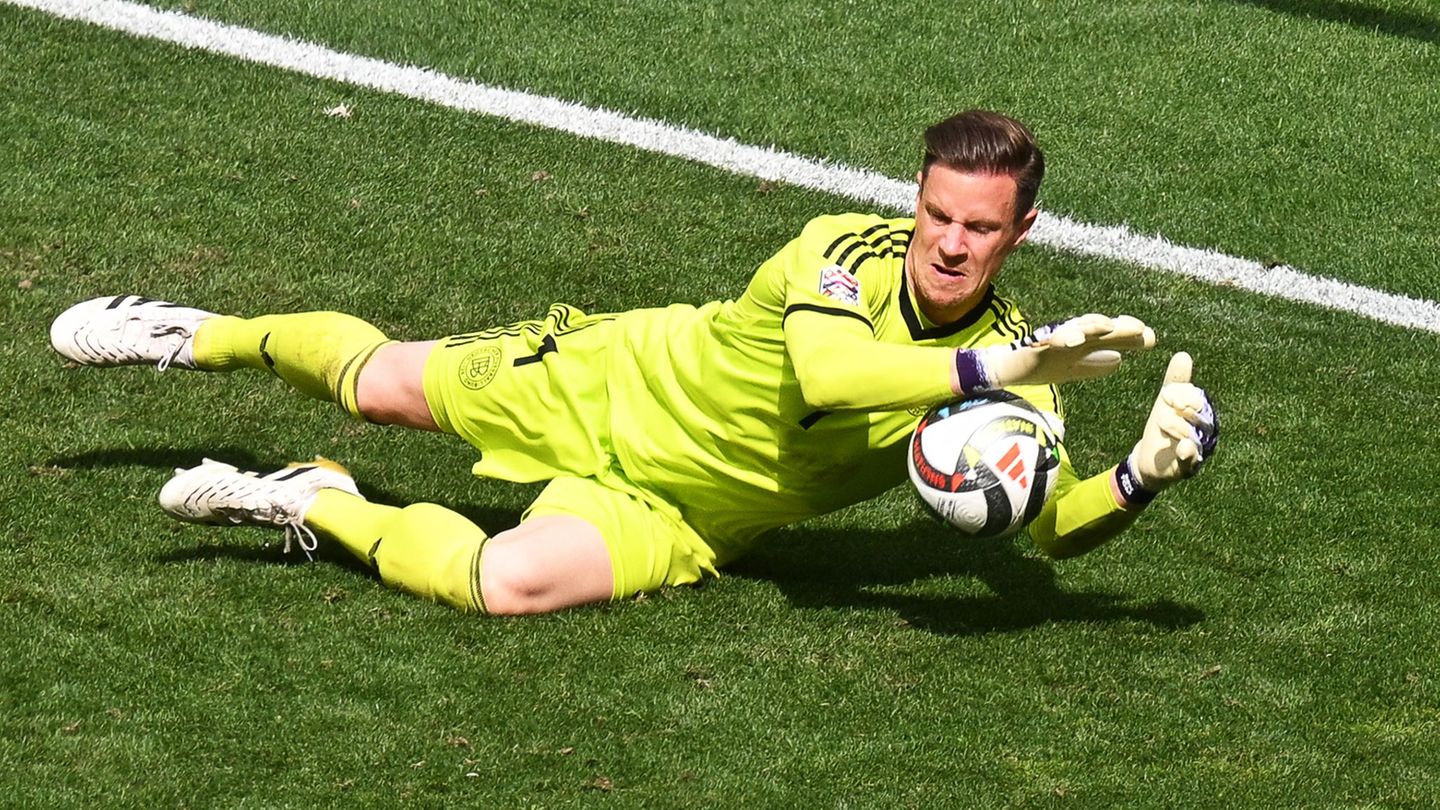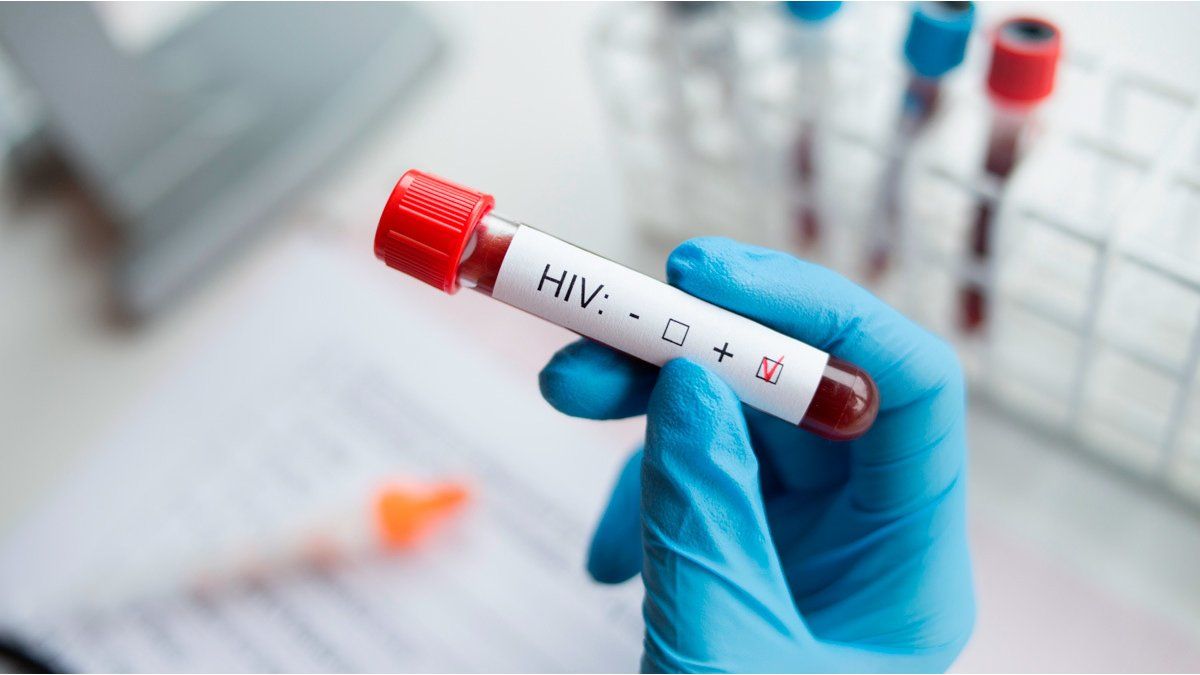There will probably be no further serious price increases on the energy markets, but “consumers have not yet received everything,” said Neusser on Sunday in the ORF “press hour”. “So there’s still something coming, but then afterwards it should actually subside.”
This video is disabled
Please activate the categories Performance Cookies and Functional cookies in your cookie settings to view this item. My cookie settings
About half of the high inflation was caused by the Ukraine war, said Neusser. The interest rate hikes so far – the key interest rate of the ECB is currently 1.25 percent, that of the US Federal Reserve at 3.0 to 3.25 percent – would not be enough, “in real terms interest rates are still negative”. It is to be expected that the Fed will take very sharp action and raise interest rates by more than 4 percent. “I hope that Europe will follow suit.” The euro has become extremely weak against the US dollar and the Swiss franc, “of course that’s also a driver of inflation.”
This video is disabled
Please activate the categories Performance Cookies and Functional cookies in your cookie settings to view this item. My cookie settings
According to the IHS boss, the Western sanctions are having a major impact on Russia, “the country is going down the drain economically.” However, this has little effect on the ruling circles, the sanctions have to hit the right people. The IHS has also calculated what a complete stop to Russian gas supplies would mean for Austria – it came to a prosperity loss of 3 percent of GDP, said Neusser.
However, people and companies are affected very differently. For example, the steel and chemical industries would find it difficult to substitute for natural gas. According to the IHS model calculation, gas consumption would have to be reduced by 27 percent by the summer of 2023, and 15 percent savings in households would be realistic, says Neusser. “I think we might get through the winter here in Austria with a few scratches.” In the event of a price cap on gas from Russia, Austria should “go along with researchers,” says the IHS boss, historically speaking the Ukraine is an old cultural area for Austria, “we also have a bit of an obligation to deliver”.
This video is disabled
Please activate the categories Performance Cookies and Functional cookies in your cookie settings to view this item. My cookie settings
With regard to the wage negotiations, Neusser was confident that the negotiators had “always mastered difficult situations”. Neusser did not want to set an appropriate percentage for the wage increases, “there are many other parameters that can also be adjusted” – such as the terms of the contracts, one-off payments, differentiated increases for different groups of employees or industry-specific solutions.
When it comes to unemployment benefit reform, Neusser is not so concerned about speed. “I think it’s better to make a good reform and one that is consensual.” It is important that the reform is also supported by the opposition.
According to his own statement, Neusser has “already lost track” of the government’s numerous aid measures, and the measures are also very expensive and will only take effect next year. He is thinking, for example, of the indexing of social benefits, “which is an important milestone,” or of the abolition of cold progression, which will only take effect next year. With the electricity price brake, the limit for the subsidized basic requirement could have been set well below 2,900 kWh and the child allowance could have been increased, says the IHS boss.
In his opinion, the CO2 tax should not be postponed again, but stand by the measure. After all, the climate bonus has already been paid out. Neusser rejects the taxation of random profits, arguing with legal certainty. The corporations have now made profits because they have invested in renewable energies. Taking the profits away from them afterwards is not good because you still need huge investments to achieve the climate turnaround.
This video is disabled
Please activate the categories Performance Cookies and Functional cookies in your cookie settings to view this item. My cookie settings
Neusser finds it wrong to finance additional pension increases from taxpayers’ money, rather the increase should be linked to the total wages. “I would argue that fighting poverty and pensions should be kept a little apart.” That is not the case if you raise low pensions more. When it comes to the retirement age, you should create flexible transitions so that you can still work over 65 without having financial disadvantages – that could also be a solution to the shortage of skilled workers.
This video is disabled
Please activate the categories Performance Cookies and Functional cookies in your cookie settings to view this item. My cookie settings
Neusser is interim head of the IHS and does not want to remain director of the institute in the long term. “My deal is very clear that I will stay until the successor is found.” The application period ends at the beginning of October.
Source: Nachrichten




